I often give my clients homework between coaching sessions in addition to their own to-do lists. It's nothing demanding, but it raises their insight about how they think and work. One particular client—the owner of a small architectural practice—was tasked with stopping and pausing for 15 minutes during the day. The aim was threefold: to resist reaching for digital distractions and be comfortable pausing, establish a culture of thoughtful contemplation in the workplace, and discretely observe the team.
Architects have told me they don't see their leaders modelling "thinking time" during working hours. It's a practice seldom witnessed in "doing cultures", where an idle moment risks being misconstrued as a lack of work, disinterest or boredom. Thinking time for many leaders is relegated to early morning starts, when working from home, or outside the office hours. However, I believe architects need to be more reflective at work! I invite you to take 15 minutes, pause, and afterwards, notice the reaction you get. Ask others what they felt when they saw you doing "nothing".
This week's question, "What did I observe about my team members this week?" is inspired by that homework and designed with the same objectives in mind. I won't rule out that your immediate thought might be: "I didn't notice anything". Head down and deadline looming, it's understandable to be paying more attention to the task at hand. So, in the first instance, you may need 15 minutes to do this, and that's no bad thing.
When you are observing your team, what do you look for? Here are some starters:
Team Dynamics: Reflect on how your team members collaborate. Who works well together? Are there any conflicts or tensions that seem to be recurring?
Problem-Solving Approaches: Pay attention to how each team member tackles problems or makes decisions. Do they tend to approach challenges analytically, creatively, or pragmatically?
Initiative and Engagement: Identify those team members who consistently go above and beyond their duties. Conversely, are there any instances of underperformance that warrant attention?
Feedback Reception: Notice how your team members respond to feedback. Do they prefer it in private, or are they receptive to public feedback?
Stress Management: Look for signs of stress among your team members. This could include changes in behaviour or expressions of frustration.
Delegation Preferences: Pay attention to how your team responds to delegation. Do they prefer clear instructions, or do they thrive with autonomy?
Whether in a leadership role or not, adopting a discerning gaze can reveal insights that enhance collaboration and productivity and influence your leadership style.
Observing those around you is a valuable skill, not just for leaders but for everyone on the team. By taking the time to notice your teammates’ behaviours, preferences, and contributions, you can gain a deeper understanding of what makes them tick. This awareness can go a long way in boosting team effectiveness and making collaboration smoother and more enjoyable.
PS: This article is part of an email series explaining the weekly leadership questions in the Architect’s Leadership Journal. Why I included it, and how you can think about it. You can join this email series here.

